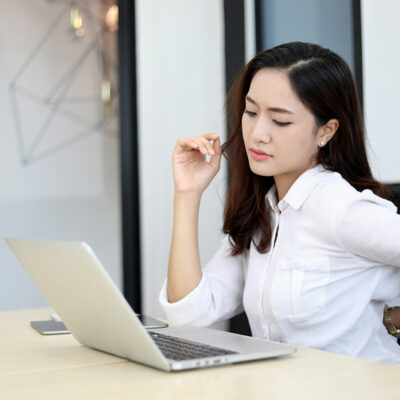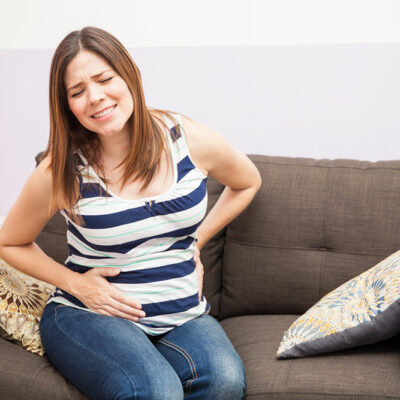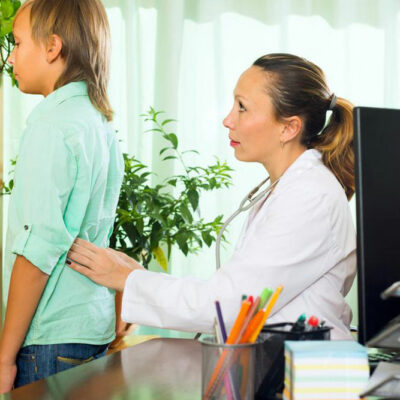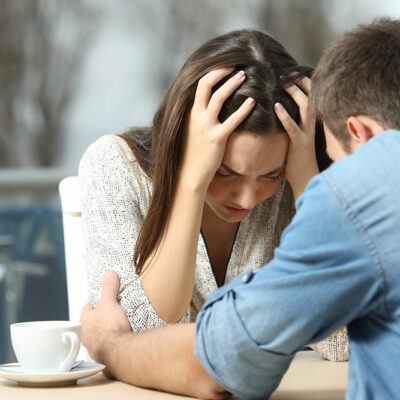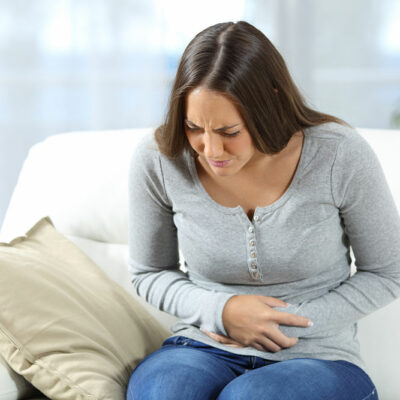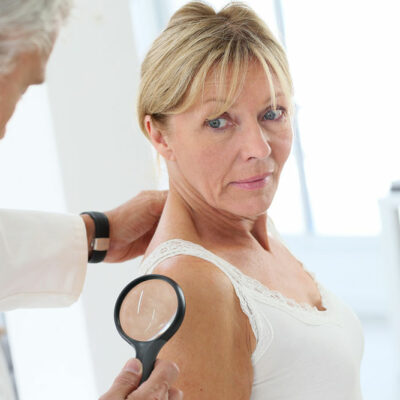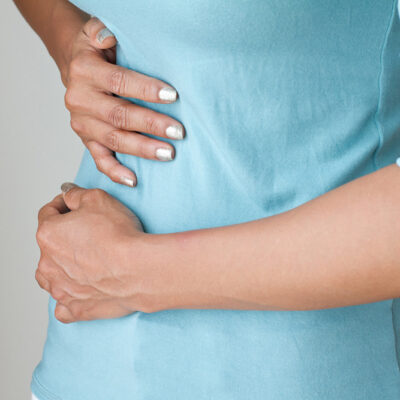
Women's Health
Common symptoms and causes of urinary retention to know about
Urinary retention occurs when the bladder does not empty completely despite being full. A person with urinary retention often feels that they have to urinate constantly. There are two types of urinary retention: acute and chronic. Urinary retention is observed in men as well as women. However, it is more common in older men. It is recommended to diagnose and treat this disorder as early as possible. Otherwise, it may cause kidney disorders, high blood pressure, and leg swelling or edema. Read on to know more about the symptoms and causes of urinary retention. Common symptoms The symptoms depend on whether a person has acute urinary retention or chronic urinary retention. Acute urinary retention is a medical emergency and can be life-threatening. A person will feel the urgent need to urinate but will be unable to do so. Immediate medical care is recommended in such cases to release the excessive build-up of urine. Chronic urinary retention happens over a period of time. A person is able to urinate, but the bladder is not completely emptied. There are no initial symptoms, so there is no awareness that chronic urinary retention is building up. However, it does lead to a lot of complications.
Read More 